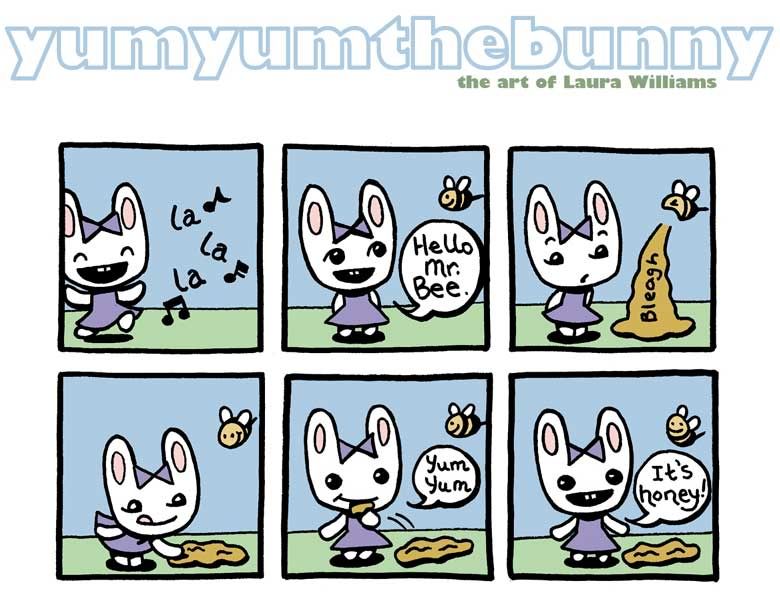Honey has long been touted as nature's treat, and considered to be a healthful benefit to our diet when used in moderation.
The market today is rife with honey, and you may select from liquid, creamed, and specialty honey wherein the main source of the pollen for the bees to utilize is a targeted species of flower such as clover, buckwheat, wildflowers, alfalfa, tupelo, sage, orange blossom, sourwood, blackberry or fireweed.
But......how can you tell if it is honey when the pollen has been ultra-filtered out?
Removing the pollen eliminates the ability to trace the honey to it's point of origin. Certain countries have been banned from supplying honey to North American markets by historical concern of contamination. Not long after, a variety of new sources of cheap honey surfaced in other nations.
So how can you tell if what's in the container labelled as 'honey' actually is the product as stated?
The following article is rather lengthy, but well worth the read, in my opinion. If you are a regular consumer of honey, or buy products that state on the label that they contain honey, you owe it to yourself to take a few minutes to scope this out.
http://www.foodsafetynews.com/2011/11/tests-show-most-store-honey-isnt-honey/
The market today is rife with honey, and you may select from liquid, creamed, and specialty honey wherein the main source of the pollen for the bees to utilize is a targeted species of flower such as clover, buckwheat, wildflowers, alfalfa, tupelo, sage, orange blossom, sourwood, blackberry or fireweed.
But......how can you tell if it is honey when the pollen has been ultra-filtered out?
Removing the pollen eliminates the ability to trace the honey to it's point of origin. Certain countries have been banned from supplying honey to North American markets by historical concern of contamination. Not long after, a variety of new sources of cheap honey surfaced in other nations.
Concocting a sweet-tasting syrup out of cane, corn or beet sugar, rice syrup or any of more than a dozen sweetening agents is a great deal easier, quicker and far less expensive than dealing with the natural brew of bees.
So how can you tell if what's in the container labelled as 'honey' actually is the product as stated?
Ambrose, who was co-chair of the team that drafted the state beekeeper association's honey standards says the language is very simple, "Our standard says that nothing can be added or removed from the honey. So in other words, if somebody removes the pollen, or adds moisture or corn syrup or table sugar, that's adulteration," Ambrose told Food Safety News.
But still, he says he's asked all the time how to ensure that you're buying quality honey. "The fact is, unless you're buying from a beekeeper, you're at risk," was his uncomfortably blunt reply.
The following article is rather lengthy, but well worth the read, in my opinion. If you are a regular consumer of honey, or buy products that state on the label that they contain honey, you owe it to yourself to take a few minutes to scope this out.
http://www.foodsafetynews.com/2011/11/tests-show-most-store-honey-isnt-honey/



